
Europe’s Illusions
Although for more than 70 years common values were invoked to keep the transatlantic partnership together, now is the time to assert shared U.S.-German interests.
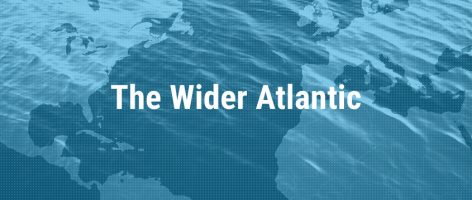
America’s Four Economic Families
The United States may have two major political parties, but it is becoming clear that it has four economic families: Small government + free trade = Mainstream Republicans Small government …
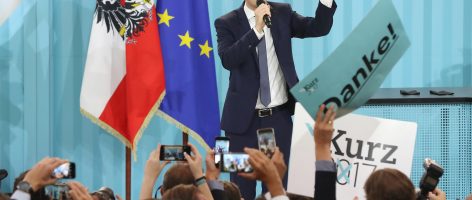
Austria, Europe’s un-Bellwether Nation
For many years, the state of Maine was a reliable indicator of the U.S. political mood. So much so that the phrase “As Maine goes, so goes the nation” gained …
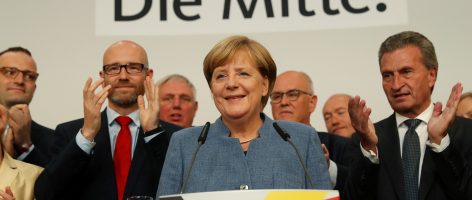
Out of Four, One? Why Germany’s “Impossible” Coalition Just Might Work
“Everything must change so that everything can stay the same.” So wrote Lampedusa in The Leopard about a Sicilian aristocracy coping with revolutions in nineteenth century Italy. But this phrase …

Voting for the Eurozone on September 24th
The German elections are just over two weeks away on September 24. Chancellor Angela Merkel is nearly certain to be reelected to a fourth term, so the main unknown surrounds …
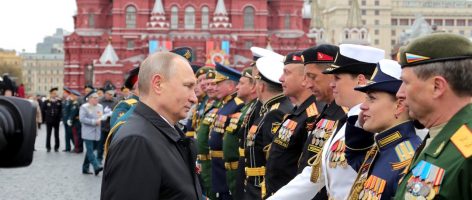
Two Cheers for the House Russia Sanctions
Energy policy is the geoeconomic tool par excellence. Whether it is the OPEC oil embargoes of the 1970s, the subsequent creation of the International Energy Agency by Western consuming nations, …

Germany’s Number 1 Task: Renew the Global Economic Order
The most important contribution the new German Federal Government can make is to support and reform the global economic order that has been responsible for 70 years of peace and …
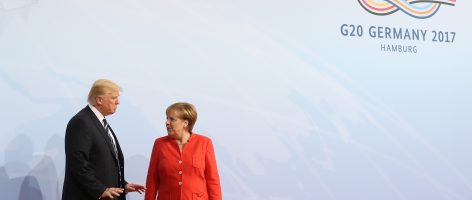
A Tale of Two Communiqués
During Richard Nixon’s historic 1972 visit to China, the U.S. president reportedly asked Premier Zhou Enlai what he thought about the impact of the French Revolution on history, to which …
Polls, Parties, Politics: Elections 2017
AGI Project
Will Globalization’s Third Phase Be Like Its First?
During the world’s first phase of globalization before World War I, I had a great-grandfather who was a cigarette manufacturer in Czarist Russia. He traveled regularly to Turkey to purchase …

Companies Compete. Countries Pursue Their Interests. That’s a Big Difference.
If it becomes a new White House mantra, a key paragraph that appeared in an op-ed by National Security Advisor H.R. McMaster and National Economic Council chief Gary Cohn in …

John Kennedy and Illiberalism
May 29 will mark the 100th anniversary of the birth of John F. Kennedy, the 35th President of the United States. Kennedy may be well known not only to Germans, …




